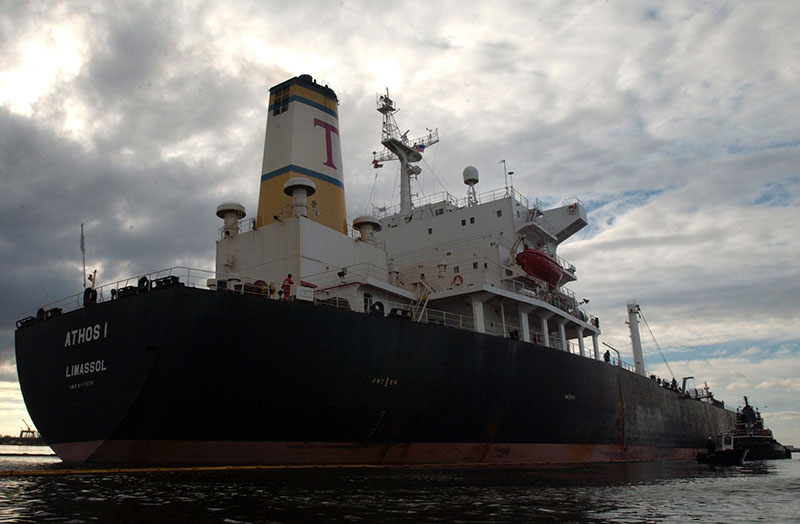After more than a decade of litigation, a federal court in Pennsylvania, with guidance from the U.S. Court of Appeals for the Third Circuit, has provided some closure in the environmental disaster that resulted from a 2004 oil spill in the Delaware River.
The legal drama began to unfold almost immediately after the hull of the tanker Athos I was ripped open by a partially buried and unchartered anchor as the ship tried to berth at Citgo’s asphalt refining dock near Philadelphia. An estimated 264,000 gals. of heavy crude poured into the river and soiled some 280 miles of shoreline. Damage to property and natural resources totaled about $300 million.
In the ensuing litigation, the shipowner claimed that Citgo failed to provide a safe berth. The claim was based in part on an alleged breach of the “safe berth warranty” in Citgo’s voyage charter. According to court documents, the anchor lay in federal waters, directly in the ship’s immediate approach to the berth. Citgo argued that its safe berth obligations could not be imposed to guarantee the safe approach to the berth in waters that it did not control.
An initial ruling of the district court agreed with Citgo, but it was reversed on appeal.
The Third Circuit concluded that a terminal operator has an obligation of “due diligence” in its duty of care to a visiting ship and that duty extended to protect hazards that lay in the path of a ship’s immediate approach to the berth. Consequently, Citgo was ultimately found to be liable to the shipowner.
In a July 2016 ruling by the district court, based on the holding of the Third Circuit, Citgo was ordered to pay the ship’s interests more than $55 million for the damages it incurred from the casualty, plus an additional $44 million to the U.S. government for pollution cleanup costs. The Athos I ruling reflects the enhanced liabilities faced by wharf and dock owners for the protection of vessels calling on their facilities and to the public at large.





